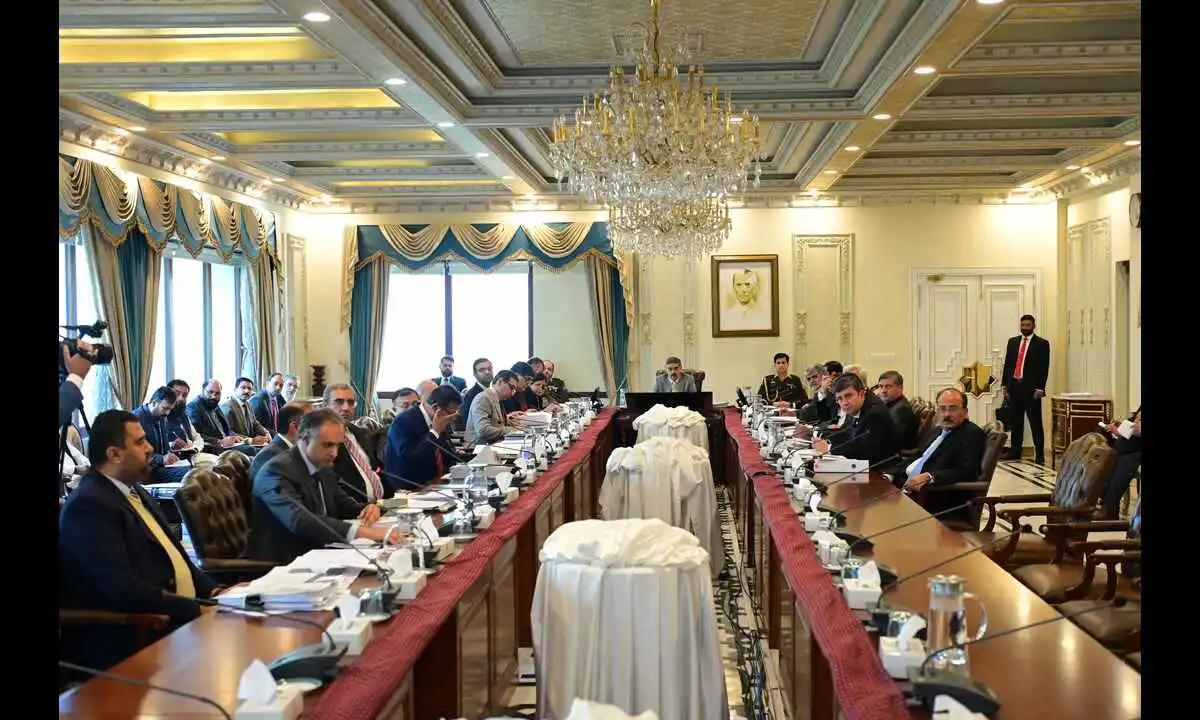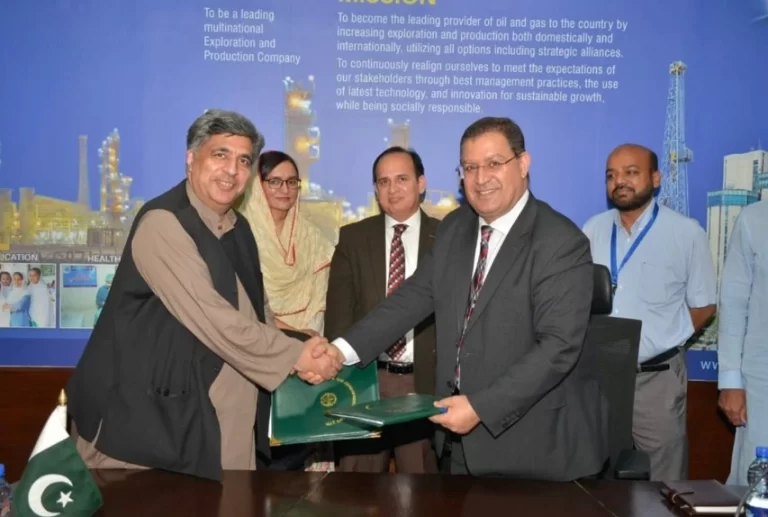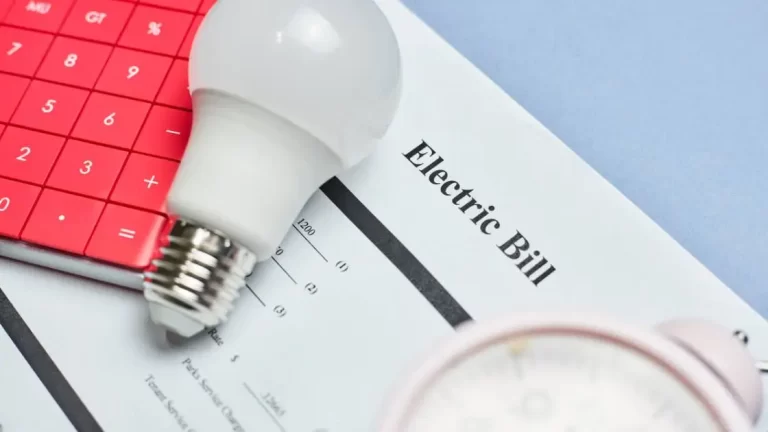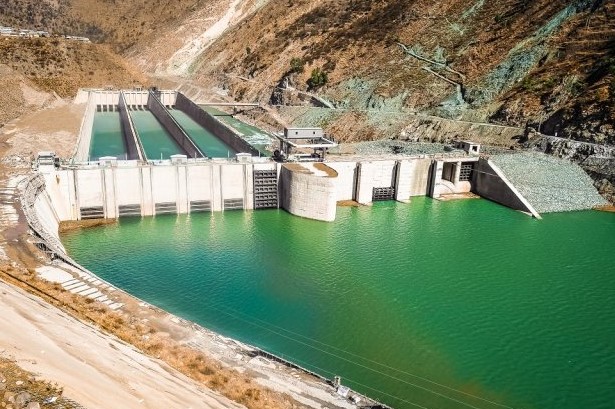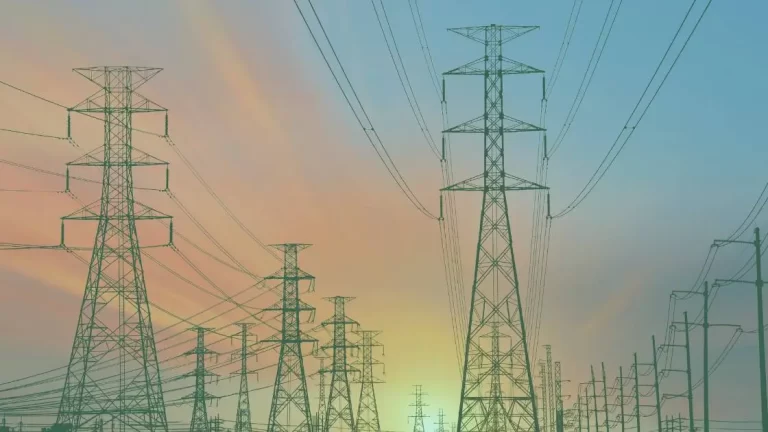CCI Approves Raise in Gas Sales to Third Parties
Staff Report
The Council of Common Interests (CCI) has approved increasing the share of gas sales to third parties on a commercial basis from 10 percent to 35 percent.
This measure aims to reduce the revolving gas debt.
Sources said that the Petroleum division wanted to raise the sale of natural gas to third parties from 10 to 50 percent to cut circular debt.
However, CCI approved an increase in the rate of sale of natural gas from 10 to 35 percent which is also a good initiative to curtail circular debt.
The 51st meeting of the Council of Common Interests was held today in Islamabad under the chairmanship of Caretaker Prime Minister Anwarul Haq Kakar.SSGC Board Cancels Meeting at the Eleventh Hour
During the meeting, amendments to the Petroleum Policy 2012 were presented for approval by the Petroleum Division.
It was highlighted that currently, 85% of the country’s crude oil and 25% of gas consumption is reliant on imports, incurring valuable foreign exchange and posing a burden on the national exchequer. Additionally, existing reserves of oil and gas are depleting rapidly. In response to these challenges, the Petroleum Division proposed necessary amendments to the Petroleum Policy 2012 for the exploration of new reserves.
The Council of Common Interests approved the recommendation of the Petroleum Division that old or existing licenses and leases of petroleum exploration and production companies be utilized for exploring new oil and gas reserves. This decision is expected to encourage companies to explore new gas reserves. Under this amendment, petroleum and gas exploration companies will have the authority to operate under the Petroleum Policy 2012 for discovering new reserves on their existing licenses. This move aims to motivate existing companies to explore new gas reserves.
Furthermore, the Council of Common Interests approved better wellhead prices for oil and gas exploration companies in Petroleum Zone (F)1, based on the Petroleum Division’s recommendation. Zone (F)1 includes the southern border areas of Khyber Pakhtunkhwa province and the western border areas of Balochistan, where exploration for oil and gas reserves is challenging and expensive due to difficult roads and lack of facilities.
Upon the recommendation of the Petroleum Division, the Council of Common Interests decided to lease oil and gas reservoirs based on the economic life of the reservoir, ensuring their viability until completion.
The Council also approved the draft Tight Gas Exploration and Production Policy 2024, which outlines details regarding tight gas prices, incentives for acquisition, and the regulatory framework for their use. Tight gas refers to natural gas reservoirs that cannot be extracted by conventional methods and require higher-than-normal hydraulic pressure, as well as expensive equipment and technology for drilling.
The meeting revealed that, based on a conservative estimate, the country possesses more than 35 trillion cubic feet of tight gas reserves.
The meeting was attended by supervising federal ministers for finance, privatization, law and justice, energy, chief ministers of the four provinces, and relevant senior government officials.



